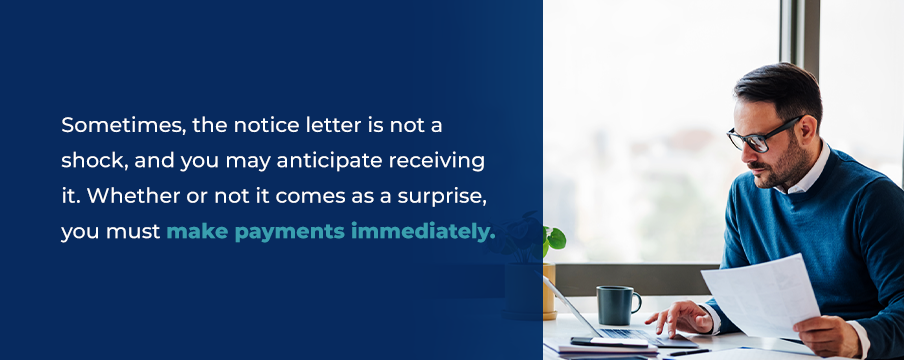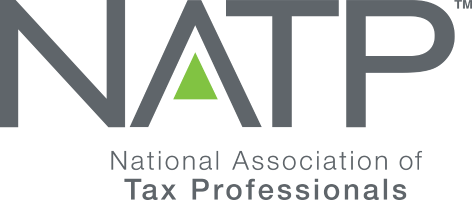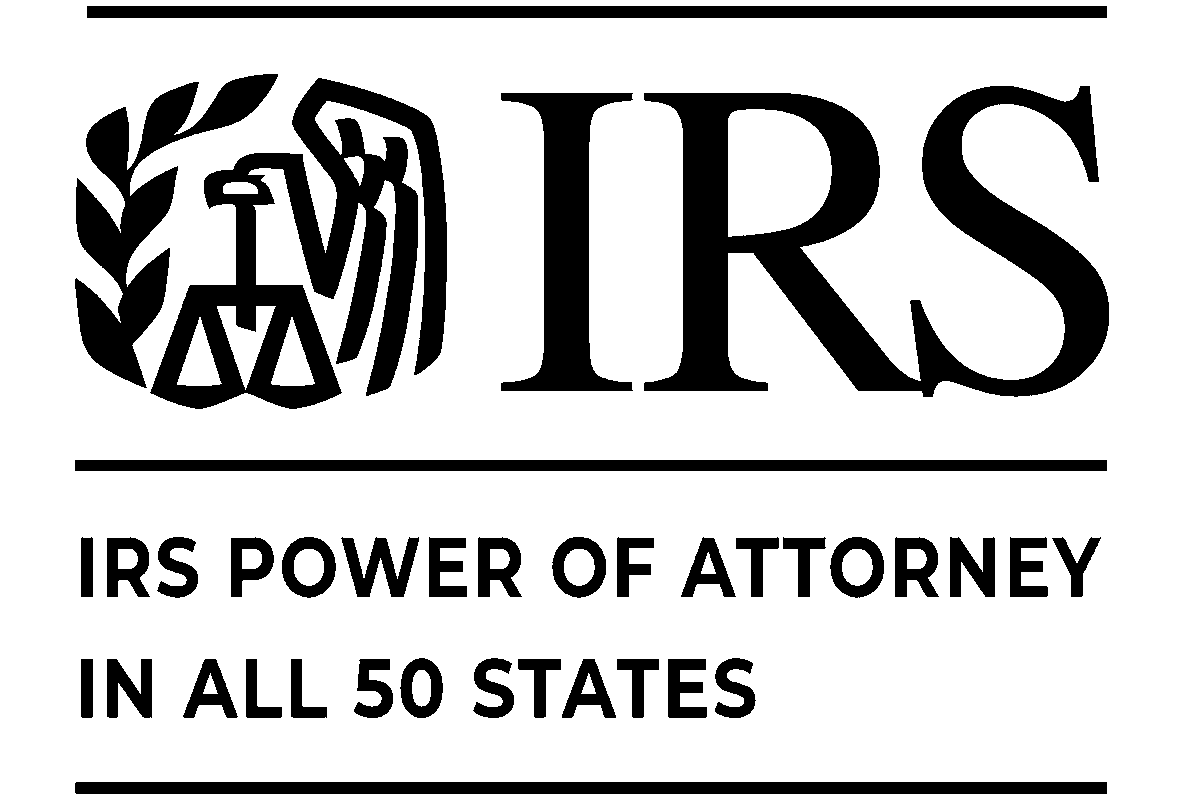
Staying compliant with the Internal Revenue Service (IRS) means paying all your taxes on time. If you delay or fail to pay your taxes, the IRS will take measures to collect the taxes due, including accessing your bank accounts. Before they take these measures, the IRS will send you a CP504 notice. This letter reminds you of your tax balances and informs you of the actions the IRS will take. This guide explores more about IRS letter CP504 and how you can respond to it.
What Is IRS Notice CP504?
The CP504 letter is an IRS final Notice of Intent to Levy. This means you have a balance due, and the IRS intends to levy your state tax refund, income or other property to pay the debt. The IRS meaning of “balance due” includes any unpaid taxes, interest and penalties.
The IRS starts with the CP501 and then sends CP503. The CP504 notice comes if you fail to respond to the first two letters — it is the third and final notice to levy. If you ignore CP504, the IRS can levy your bank accounts, wages and other assets.
The CP504 letter is sent to individuals. If the IRS intends to levy business assets, it will send CP504b. Here is the sequence of letters you receive when you owe IRS taxes:
- CP14 or CP501: CP14 and CP501 inform you that you owe unpaid taxes.
- CP503: This notice is sent if you fail to respond to the first letter and you still have unpaid taxes.
- CP504: This is your final notice of the IRS’s intent to levy.
- LT11: Also known as Letter 1058, LT11 indicates that the IRS has begun the process to levy your assets.
CP504 is typically sent five weeks after the CP503 letter. After five weeks of not responding to CP504, the IRS sends the LT11 notice.
The CP504 notice contains details of the amount of unpaid taxes, interest and penalties; when the amount is due; and how you can make the payments before further collections are made. The CP504 letter also provides options on how to pay the balance due.
The first step is to scrutinize the notice. If you disagree with its contents, contact our tax professionals at BC Tax for help.
Why Did I Receive This Notice?
The IRS sends CP504 if you don’t pay your taxes by the due date and fail to respond to the follow-up notices after the due date.
You will also receive a CP504 notice if the IRS prepares a substitute for return (SFR) for you and assesses a tax based on this SFR. Additionally, if you paid the tax late and still owe interest and penalties that you have not yet paid, you will also receive the CP504 notice letter.
These scenarios may appear complicated, and you may not be sure what you really owe the IRS, or if you owe anything at all — the IRS has made mistakes. Consider working with tax experts to help you navigate these tax issues and stay compliant.

How Should You Respond?
Sometimes, the notice letter is not a shock, and you may anticipate receiving it. Whether or not it comes as a surprise, you must make payments immediately. The IRS accepts both full and partial payments, including installment agreements.
How to Make Payments
To make a payment, tear off the attached pay stub and write a check according to the letter’s instructions. You can also use a money order or make a payment online.
The IRS has a toll-free number you can call if you have any questions about making the payments. The number is included in the notice. Another alternative is to scan the QR code on the IRS levy notice, which will redirect you to a page to make payments.
What to Do if You Cannot Pay
If you agree with the notice’s content but cannot pay, contact the IRS. Remember, you should never ignore the IRS CP504 notice. The IRS allows taxpayers to set up a payment plan. You’ll pay what you can now — not the full amount owed. This partial payment will help you avoid more penalties and interest. You can choose one of the three options below for payments:
- Pay over time: Apply for a payment plan to pay off the balance over time. This is also called installment payment, and fees may apply.
- Offer in compromise: This option lets you settle your tax debt for less than you owe. Confirm your eligibility for an offer in compromise before applying.
- Delay collection: If you cannot make any payment now, you can ask the IRS to delay collection temporarily.
You can also file for currently non-collectible status if you can show that paying the tax due would result in financial hardship for you or your family. The IRS will halt all collection activities for a determined period. However, you will continue receiving an annual bill, and any refunds will be applied to your debt. Applying for this status has many implications, and professional advice from tax experts can be very helpful in these situations.
What to Do if You Disagree With the Letter
If you didn’t expect the letter, the first step is to check its accuracy. Double-check the letter to ensure the amount the IRS indicated is correct. If you disagree with the figures in the notice, you can appeal your tax liability. Follow IRS rules to file an appeal, or contact BC Tax for help in navigating this type of appeal. We understand the complications of these notices, and our tax experts will help you find a solution.
Get Help From the Experts at BC Tax
You should never ignore IRS notice CP504. More importantly, you should always stay on the safe side of the IRS by complying and paying all your taxes before the due date. However, the IRS sometimes makes mistakes, and you may not be sure what to do. BC Tax has been providing tax services for over 20 years and can help you resolve your tax issues. Get our professional opinion on your tax obligations. We take the stress and burden of tax compliance off your shoulders and provide free, no-obligation consultation to explain all options.

 1-800-548-4639
1-800-548-4639









